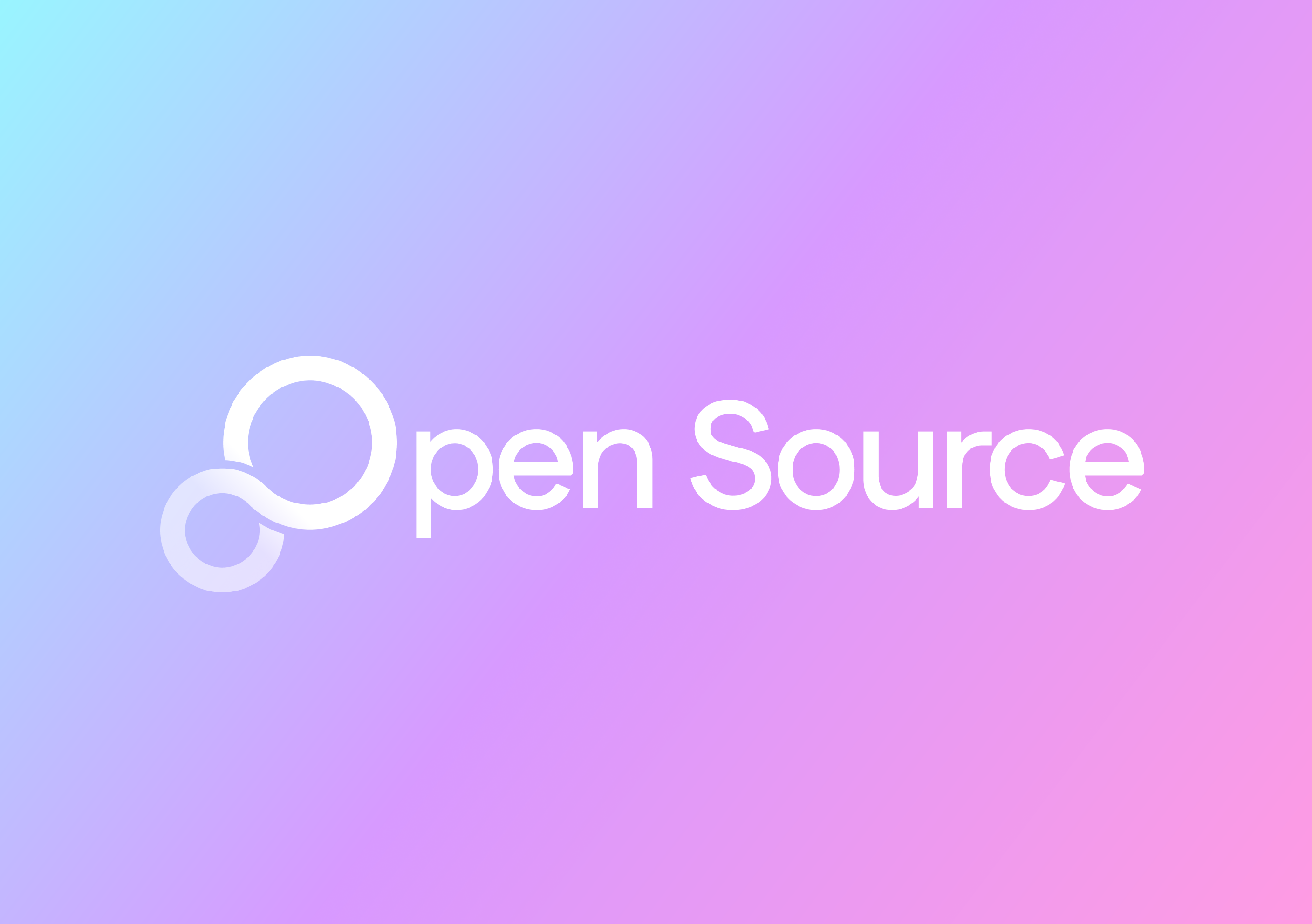
Voice is the most natural way to work with technology. That also makes it the most sensitive. Jarvis-level technology is here, but a microphone that’s always ready and a text box that can be changed on your behalf is a key-logger with ears. If we ask people and companies to grant that level of access, we have to earn a higher level of trust. That’s why we’re building Ito as open source.
Voice assistants capture everything you type and say. That power creates a duty of transparency: you should be able to inspect, verify, and control what’s running on your machine. We’ve seen first-hand how closed tools in this category can quietly collect far more than users realize; the only antidote is code you can read, audit, and run yourself.
Concretely, “open source” at Ito means:
Those aren’t marketing lines; they’re table stakes for software that hears you and can act for you.
Great voice software isn’t just speech-to-text. It’s formatting exactly right for each surface (code vs. terminal vs. docs), understanding intent, and snapping into the tools you already live in. Deep, app-specific integrations is where long-term quality comes from. No single team can build the best integration for every product; a community can. We’re designing Ito’s core to be extensible so developers can add capabilities, destinations, and post-processing that feel native in each workflow.
Open source is the best way to invite that kind of contribution: clear plugin contracts, well-documented hooks, and a culture that rewards maintainers who push the experience forward across the stack.
Enterprises (and their auditors) don’t just ask what your product does; they ask how it does it. In regulated environments, open source and on-prem options translate directly into faster security reviews, clearer compliance stories, and real operational control. When the code is visible and the deployment is contained, risk teams can say “yes” more often and sooner.
For Ito, that means:
Our north star is simple: a trustworthy, extensible voice layer that upgrades any text box and, when you want it to, takes safe, auditable actions on your behalf. We’ll keep the core open, grow the ecosystem of integrations, and meet enterprises where they are without asking them to compromise on privacy or control.
If this resonates, whether you’re a developer who wants to build an integration, a security leader who needs a deployable, inspectable stack, or a team that just wants voice to “click” inside your product, we’d love to build it with you.